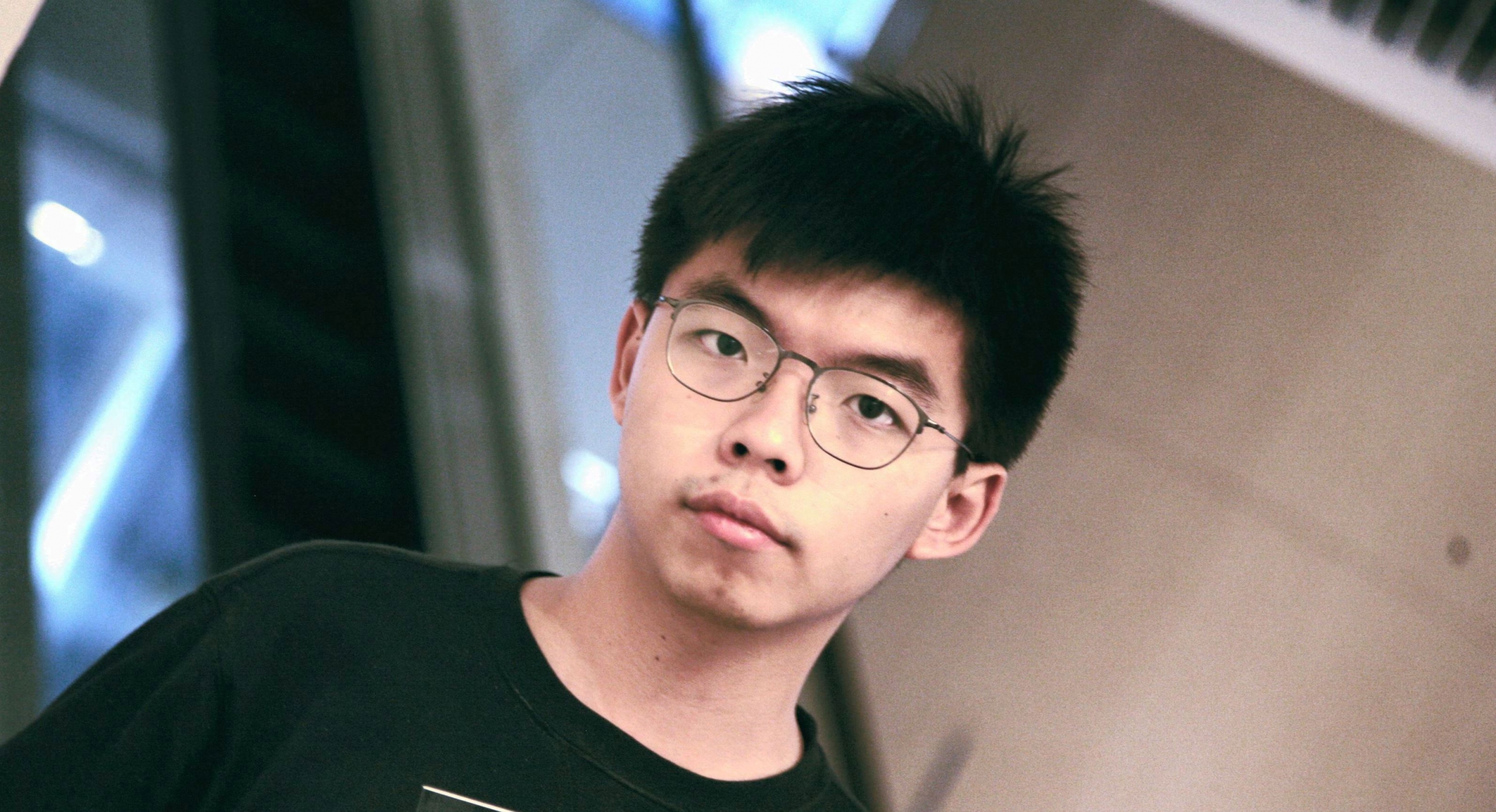

The new curriculum, with its insistence on a “recognition of identity”, came with a manual that praised the Chinese Communist party as “an advanced and selfless regime” and argued that “toxic bipartisan politics” in the west led to the “suffering of its people”. Wong was part of the first school year to have been born after Britain’s handover of Hong Kong to China in 1997. Joshua Wong at a US congressional hearing on China in September 2019 Photograph: Olivier Douliery/AFP/Getty Images

He graduated quickly to organising against a new national curriculum, announced by the island’s government. His first protest movement was for an improvement in school dinners at the United Christian College in Hong Kong. His mother recalls him babbling like an orator from birth, and dyslexia meant that he learned to be a speechmaker to prove his intelligence.

His Christian parents, who married in the weeks after the Tiananmen Square massacre named him Joshua after the Old Testament hero of Jericho, bringing down walls with his trumpet solo. Wong half-believes he was born to the role. It is also a call to arms to that generation that has known nothing but Instagram and Snapchat – a manifesto to “follow news sites for warning signs of political polarisation”, to use “fact-checking media”, to get out from behind their screens “to attend rallies and help organise election campaigns” and to remember, above all, any effort to preserve democracy “starts with one voice, one flyer and one speech”. This book is a memoir of an extraordinary decade in which Wong went from a nerdy obsession with Marvel comics to a Netflix documentary in which he was characterised as a superhero for democracy.


 0 kommentar(er)
0 kommentar(er)
